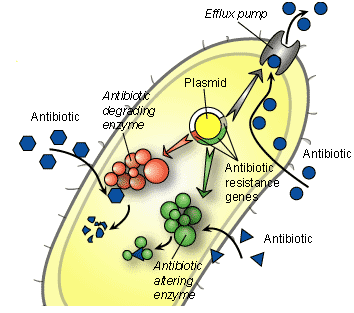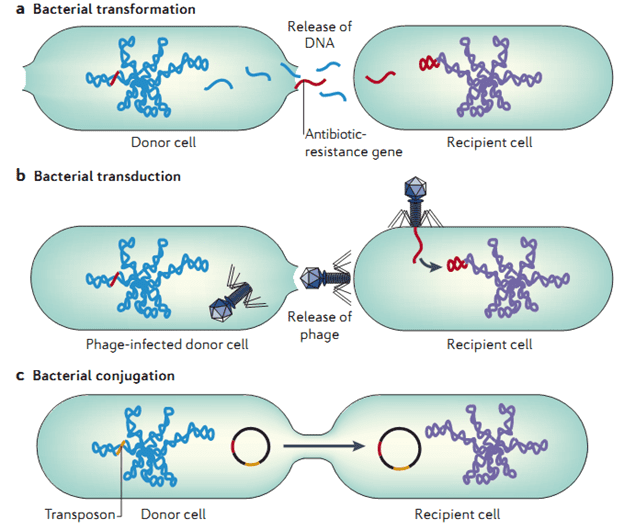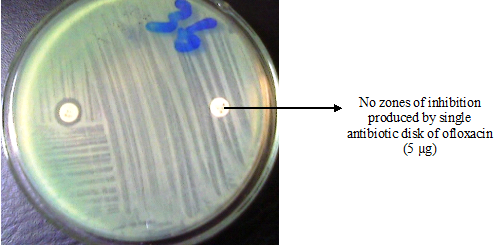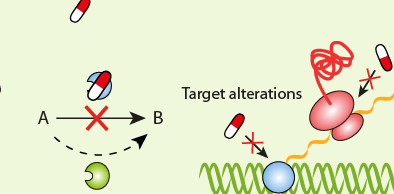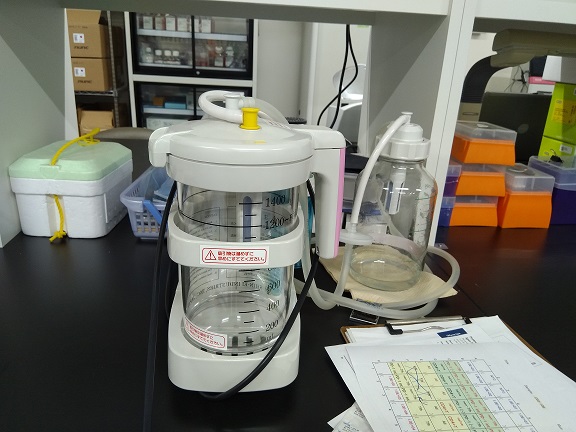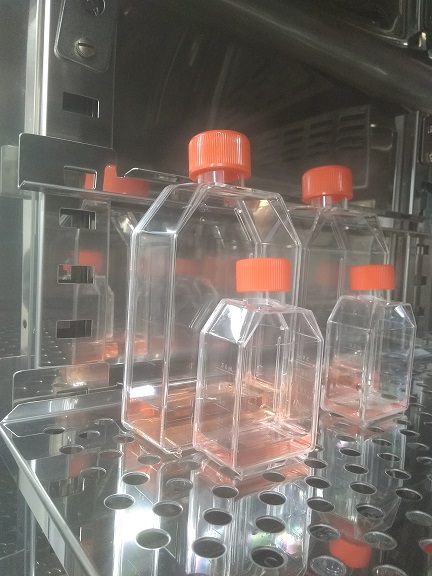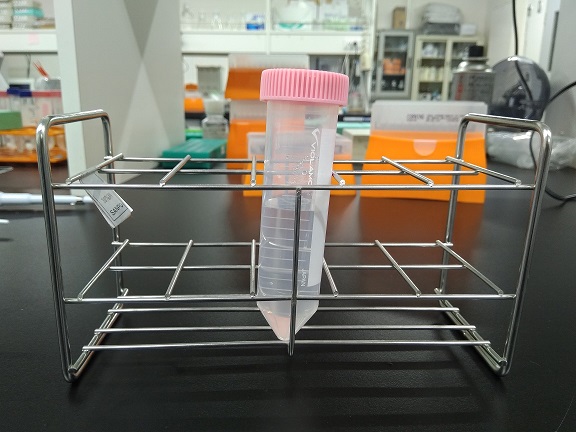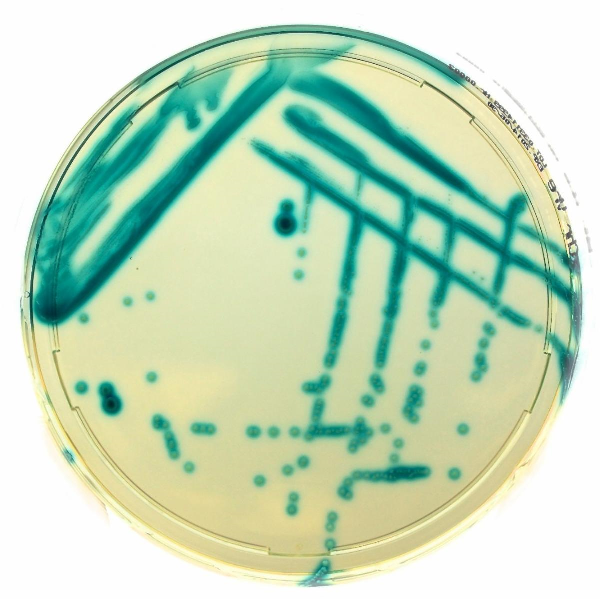SPECIFIC MECHANISMS OF ACQUIRING RESISTANCE BY BACTERIA/MICROBIAL PATHOGENS
An antibiotic has to go through a number of steps in order to exert its antibacterial action in vivo. They have to come into contact with the host taking them before ever their antibacterial and/or antimicrobial properties can be dissipated especially in the aspect of treating and abating a given disease condition or process. To […]
SPECIFIC MECHANISMS OF ACQUIRING RESISTANCE BY BACTERIA/MICROBIAL PATHOGENS Read More »
Antibiotic Resistance / Antimicrobial Resistance (AMR), Pharmaceutical Microbiology
